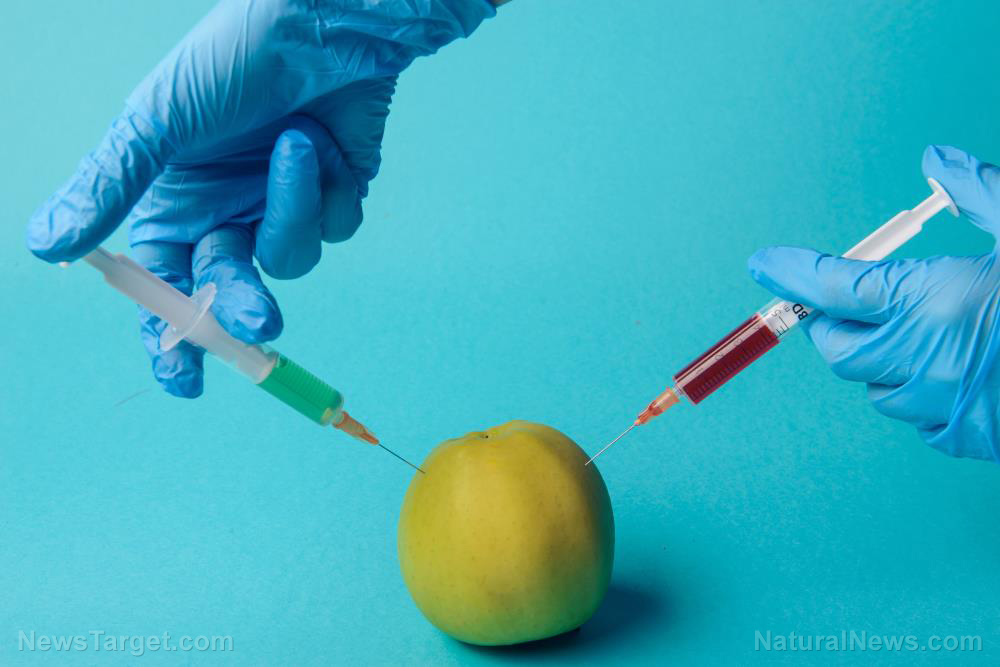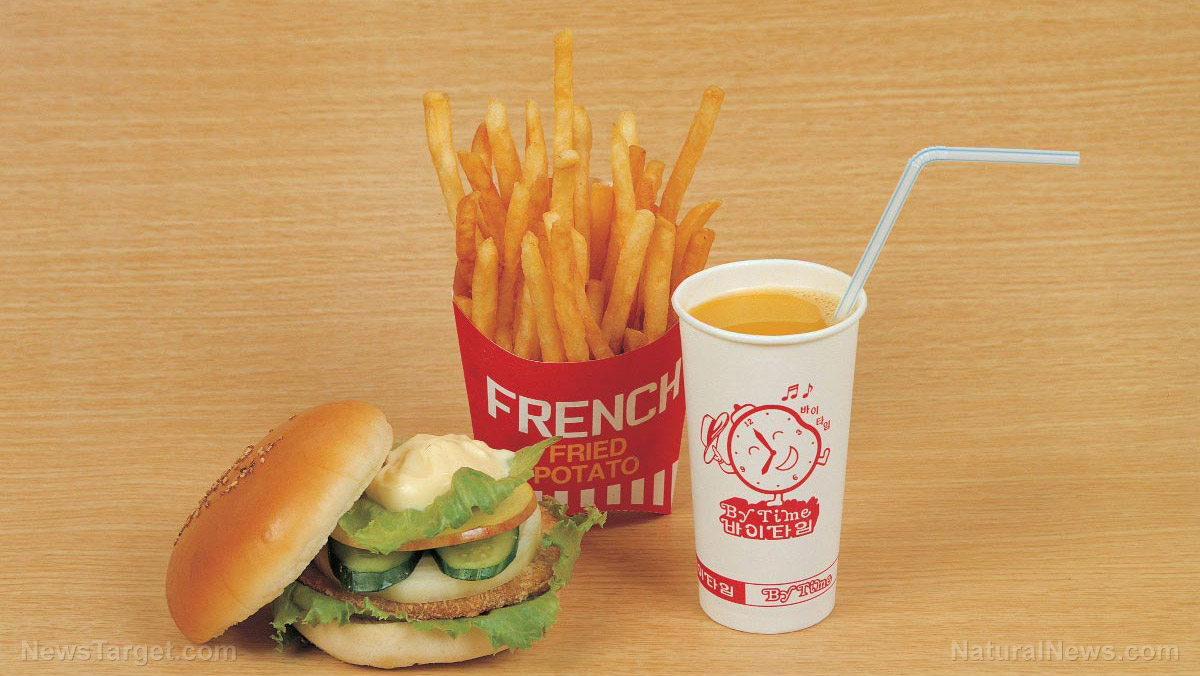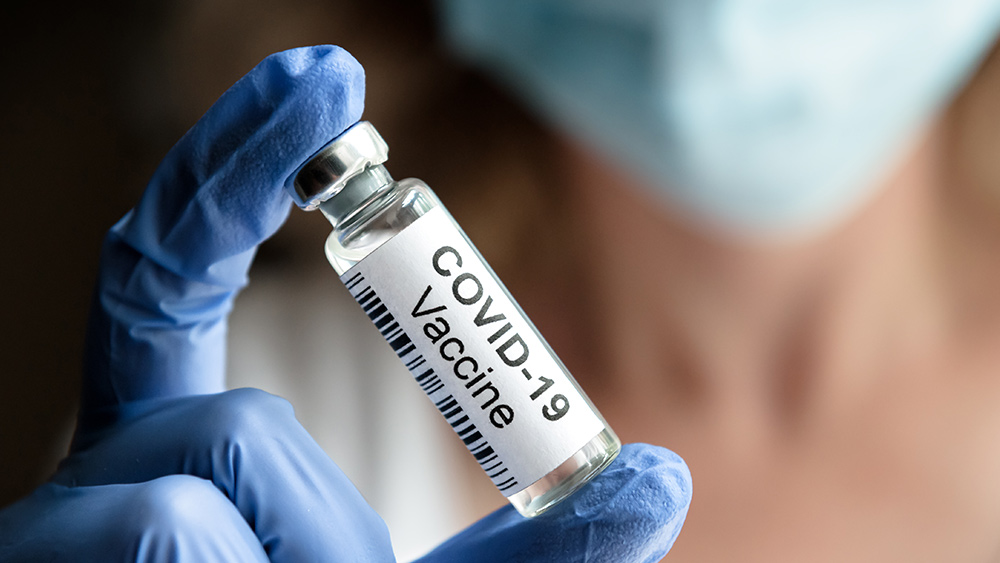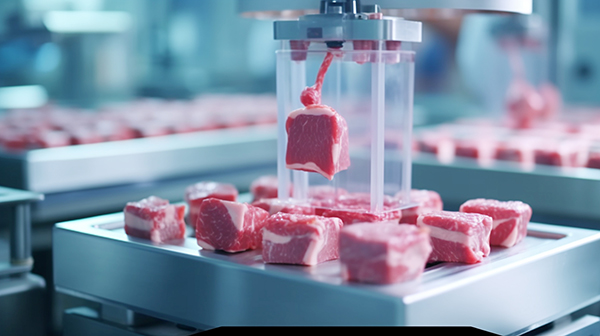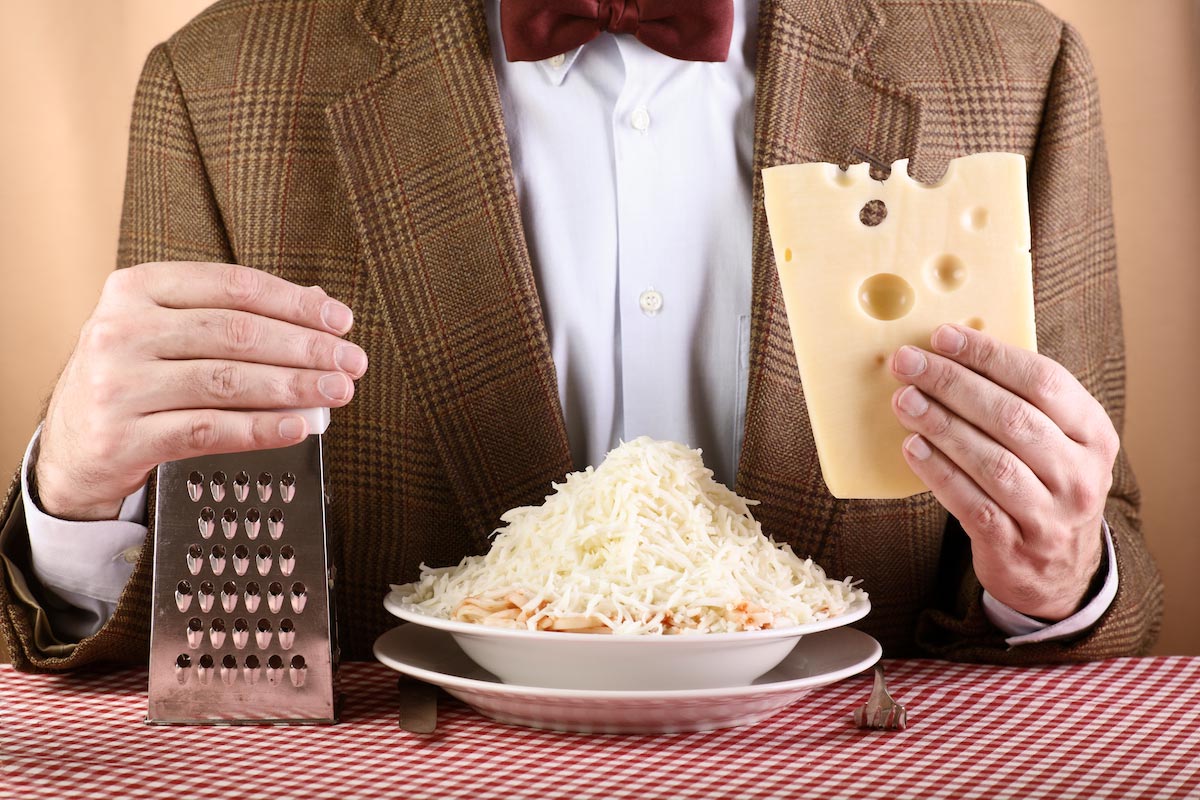
Now, a recent study supports that claim. Researchers at the Roswell Park Cancer Institute in New York examined more than 3,000 women and found that those who had the highest consumption of cheddar cheese, cream cheese, and other American varieties had a 53 percent increased risk of developing breast cancer. However, eating yogurt was associated with a 30 percent reduced risk of cancer.
"Dairy foods are complex mixtures of nutrients and non-nutrient substances that could be negatively as well as positively associated with breast cancer risk," said lead author and professor of oncology Dr Susan McCann.
Hormone treatment in milk-producing cows may be to blame
Hormones such as Insulin-like Growth Factor -1 (IGF-1) and estrogen were two of the most notoriously hazardous hormones found in milk. IGF-1 was shown to to promote cancer cell growth by turning otherwise health cells into the malignant kind. According to a study published in the Iranian Journal of Public Health, the IGF-1 hormone found in milk may expedite tumor growth through cell stimulation and by anti-apoptosis effect. The results indicate that high levels of IGF-1, insulin, or both were associated with the increased risk of colon, pancreas, endometrium, breast, and prostate tumors. Estrogen has also been associated with higher incidence rates of prostate cancer in Japanese males who had increased consumption of milk and dairy products.
Two more studies revealed that high levels of IGF-1 may raise the risk of colorectal, breast, and prostate cancer. A study published in the Journal of the National Cancer Institute showed that men with the highest levels of IGF-1 hormone were up to four times as likely to develop colorectal cancer.
Data from another study revealed that women with high IGF-1 levels were two and a half times as likely to suffer colorectal cancer. “The fact that these two large studies give the same results for both men and women increases our confidence in the findings,” said lead researcher Edward Giovannucci. Previous studies have also linked IGF-1 hormone with increased odds of breast cancer and prostate tumor by up to two-folds and four-folds, respectively.
Synthetic treatments for cows may endanger public safety
Ever wonder how cancer-laden cheese gets on our plates? The answer lies in the questionable practices imposed in cattle farms. U.S. farmers raise about 35 million cattle per year. These cows are given recombinant bovine growth hormone (rBGH) -- a synthetic hormone designed to help them grow bigger and bulkier. According to Think Before You Pink, a breast cancer awareness organization, rBGH treatment had been in use in the United States since 1993. However, the treatment was used without labeling, which makes it difficult for customers to make informed purchases. However, countries including Australia, Canada, Japan, and all 27 nations in the European Union have imposed a total ban against the treatment, the group reported.
The premise, according to the American Cancer Society, is that administering recombinant bovine growth hormone to cattle results in higher levels of IGF-1 in their milk. It doesn't take rocket science to do the equation. High IGF-1 in milk means increased odds of cancer for people who consume cheese and other dairy products.
Steroids injected in cattle might also be a primary factor in this conundrum. Data showed that 99 percent of cattle entering feedlots were given steroids to expedite their growth. Steroid, the same compound used by athletes, is carcinogenic. Therefore, consuming dairy products from treated cows may raise the odds of cancer.
Sources include:
Please contact us for more information.

















